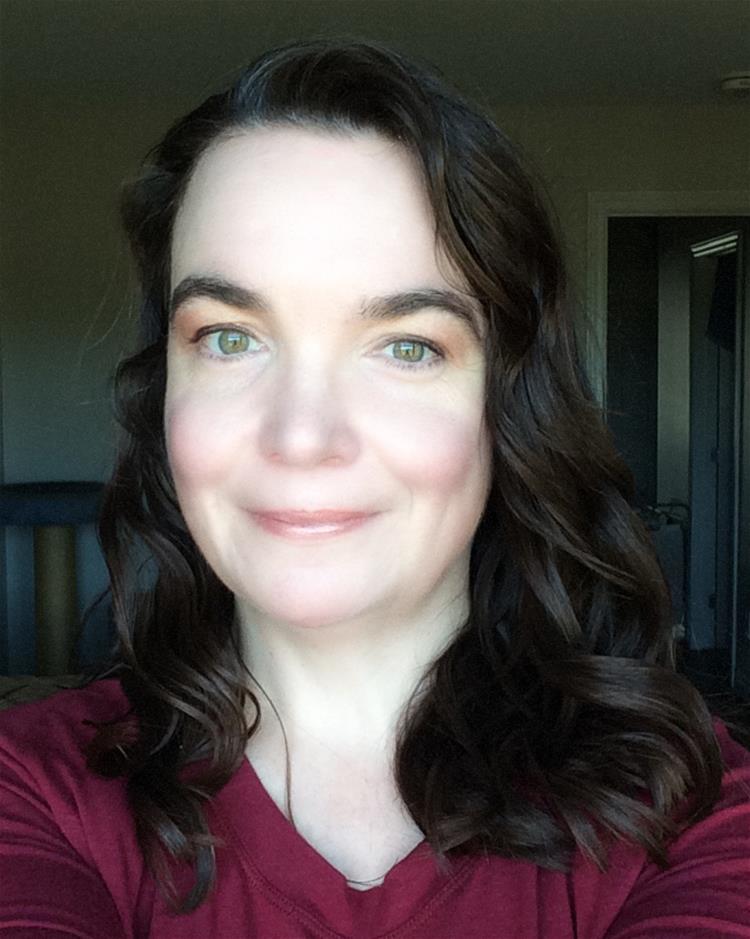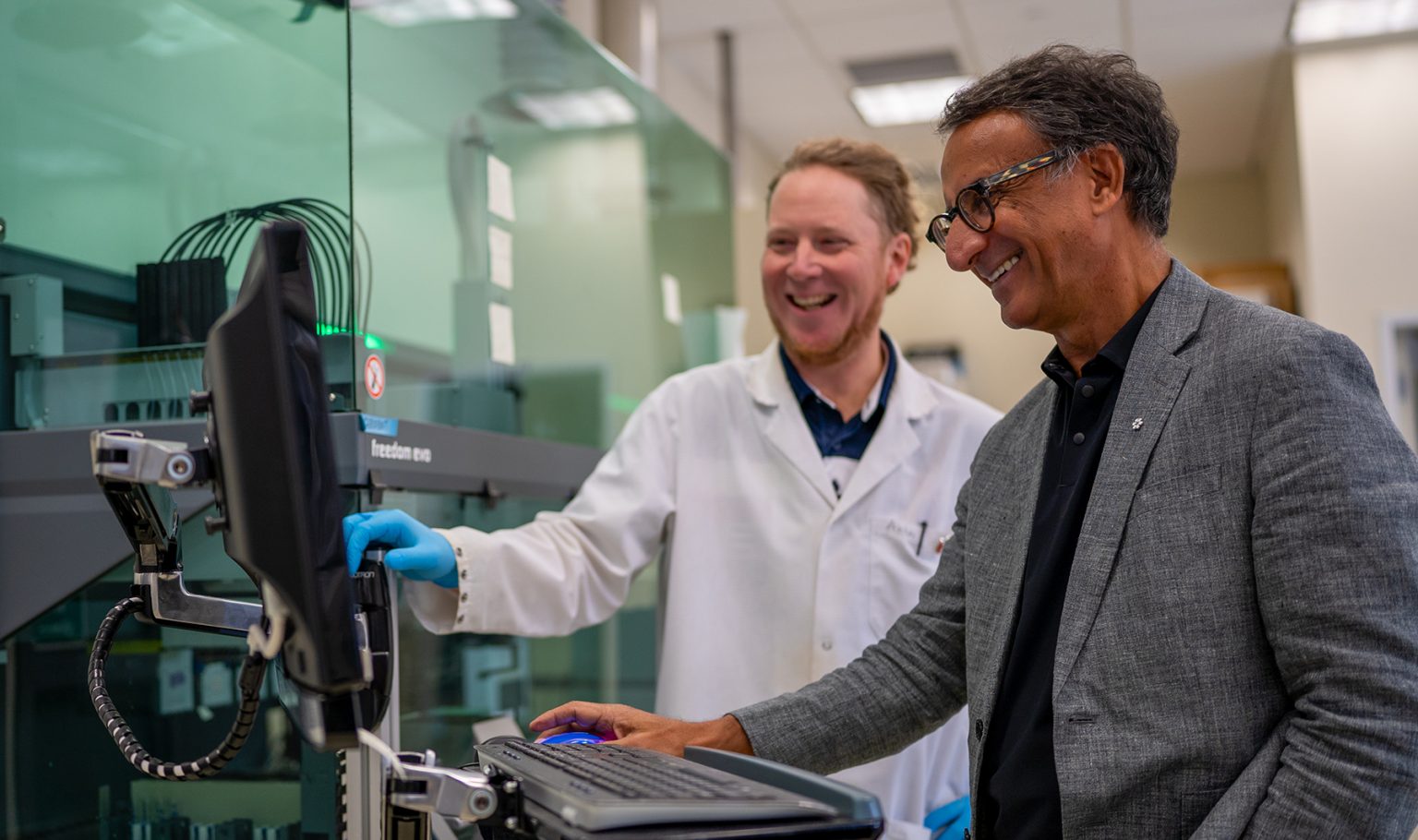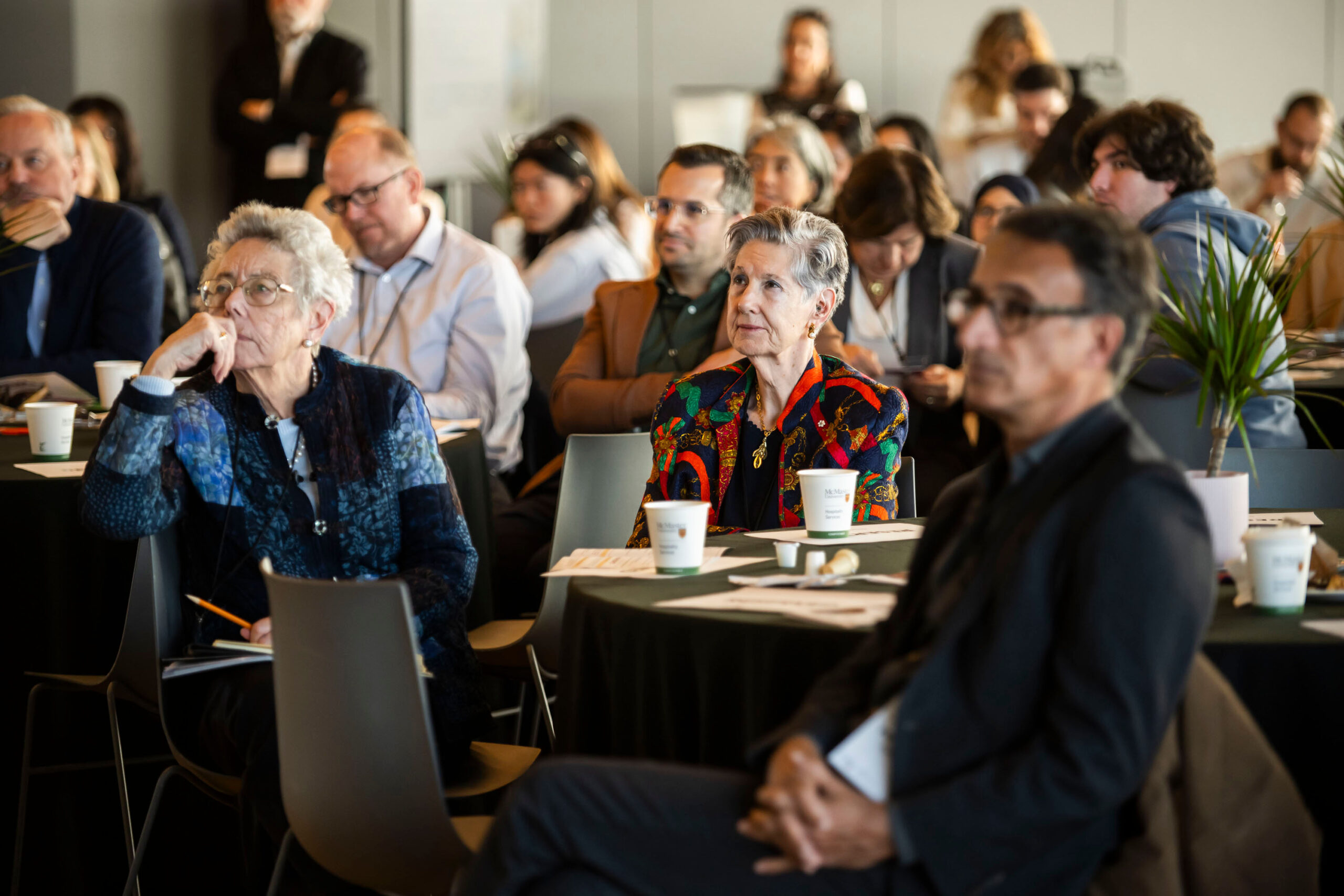
Published: June 8, 2021 | By School of Rehabilitation Sciences, Queens University
The Summer Program in Aging (SPA) is held every year by the Canadian Institutes of Health Research (CIHR) Institute of Aging (IA). The SPA is the IA’s flagship training program. It aims to provide graduate students and postdoctoral fellows involved in aging research with advanced training in methodologies, knowledge translation, grant writing, and research communication. It also provides trainees with the opportunity to further develop their networks. The SPA 2021 was held virtually through the McMaster Institute for Research on Aging (MIRA), and had a focus on longitudinal studies in aging.
Queen’s PhD candidate in Aging and Health, Christine (Chris) Mills, was one of 56 trainees taking part in this year’s SPA. Christine’s dissertation research partially focuses on using longitudinal data to examine nutrition risk in community-dwelling older adults, so the SPA provided her with the perfect opportunity to enhance her knowledge and skills, building on her previous research experience and her background as a registered dietitian.
During the SPA, trainees were placed into groups of 4 or 5 students and one mentor, who is a professor involved in aging research. Team 3 was led by Dr. Susan Kirkland, an epidemiologist at Dalhousie University and included Christine, as well as Myrto Dagkouli-Kyriakgou, a postdoctoral fellow at Malmo University, Rachel Savage, an epidemiologist at Women’s College Hospital, and Mahwish Naseer and Isabelle von Saenger, both PhD students at the Karolinska Institute. With team members in Canada, Sweden, and Germany (where Christine is currently living), it was a truly international group.
The SPA included lectures, small-group sessions with their mentors, and social opportunities to connect with other trainees and mentors. SPA participants could also connect through the #SPA2021 hashtag on Twitter and through a Discord channel. Speakers included researchers in aging from many different countries and individuals from MIRA, the Canadian Longitudinal Studies on Aging (CLSA) and CIHR. SPA attendees were also provided with a “SPA survival kit.”
Working in their teams, trainees developed a research proposal based on data from the CLSA. They completed a draft CLSA Catalyst Grant application and presented their proposal to the SPA group. The proposals were evaluated by several of the experts who had lectured during the SPA. There were 12 project teams in total, and the top four teams will have their $3000 CLSA data access requests funded by the SPA and members of the top four teams will each receive a $500 research award.
Christine’s team presented a proposal entitled “Unpaid caregiving and mental health during the COVID-19 pandemic using data from the CLSA.” They tied for second place, so as one of the top four teams, they will pursue this study in addition to their own individual research projects and will have their CLSA data access request funded.
This article was first published by the School of Rehabilitation Sciences, Queens University. Read the original article here.

